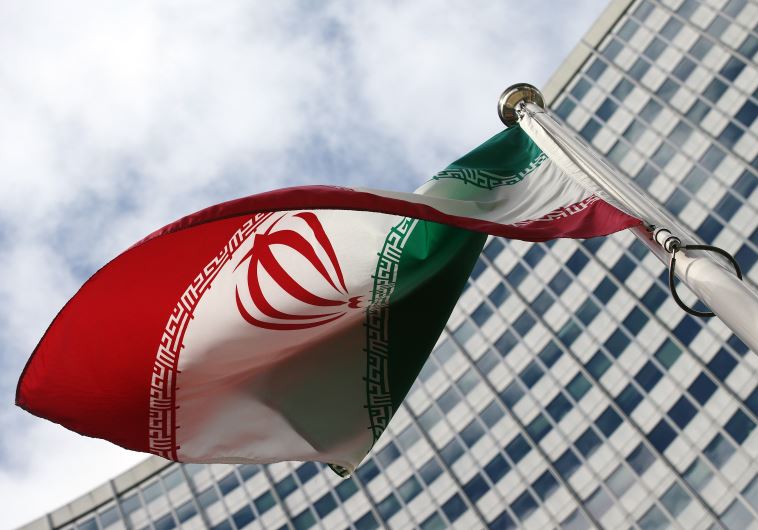Syrian opposition says Iran attending talks could obstruct solution
About a dozen participants are expected to attend including Russia and Saudi Arabia, which back Assad and his opponents, respectively.
 An Iranian flag flutters in front of the United Nations headquarters
An Iranian flag flutters in front of the United Nations headquarters